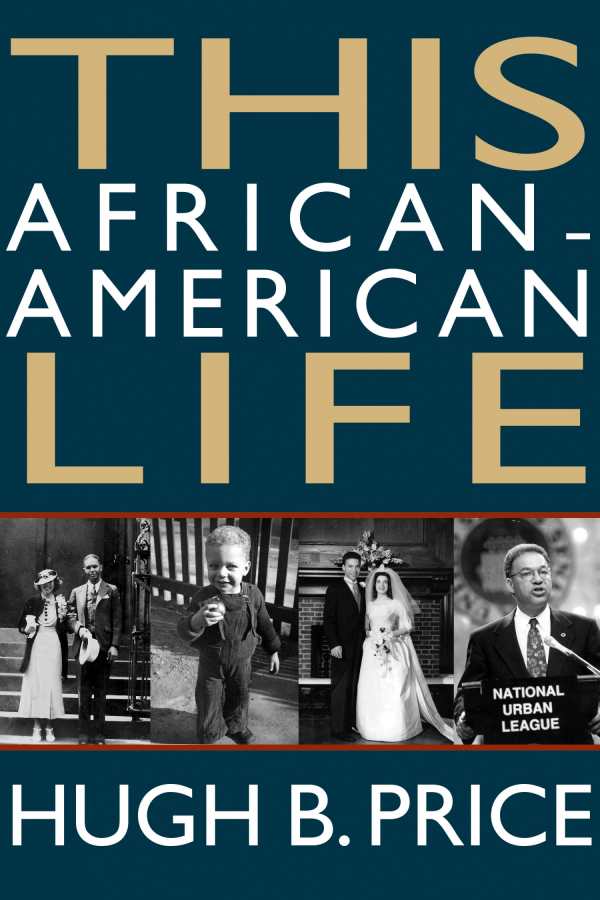
This African-American Life
Though his path has been varied, Price has demonstrated a singular dedication to racial equality.
Hugh B. Price’s This African-American Life details the author’s decades of commitment to civil rights, as well as the upbringing and heritage that fostered such a career. Price has worn many hats since graduating from Yale Law School in the tumultuous 1960s, including work as a legal-aid attorney, as president of the National Urban League, and on the faculty at Princeton University’s Woodrow Wilson School.
Price’s post-World War II childhood is reflected upon vividly, set within a then still-segregated section of Washington, DC. Segregation did not block out success or a sense of community, however. Price’s parents met while attending nearby Howard University, his father later earning a medical degree while his mother volunteered tirelessly for causes like voter rights and equal opportunity.
Beyond the strong moral grounding of his parents, Price traces his maternal genealogy to the American Revolution through Nero Hawley, a black soldier who fought at Valley Forge. Price’s paternal forbear was a slave who eventually earned his freedom and purchased a Virginia farm. On the other side of the racial coin, Price wryly admits how a few lighter-skinned relatives opted to “cross over” as Caucasian in life, and thereby willingly cut off all ties to their black heritage.
In this storied glimpse of living history, Price recounts being among the uplifting Great March on Washington of August 1963. Four years later, he would drive through the aftermath of anguished riots in New Haven, Connecticut, a “haze of fires” still hanging in the air. Price subsequently worked with New Haven’s Black Coalition to help heal the city.
Price’s philosophy throughout This African-American Life is more of pragmatic action than explosive or partisan rhetoric. While at the helm of the National Urban League, Price interacted with presidents Bill Clinton and George W. Bush and was open to dialogue with both political parties. Above all, Price believes that education, opportunity and motivation are integral to true African-American empowerment.
Though his path has been varied, Price has demonstrated a singular dedication to racial equality, with the measured yet compassionate mindset of a purposeful radical.
Reviewed by
Meg Nola
Disclosure: This article is not an endorsement, but a review. The publisher of this book provided free copies of the book to have their book reviewed by a professional reviewer. No fee was paid by the publisher for this review. Foreword Reviews only recommends books that we love. Foreword Magazine, Inc. is disclosing this in accordance with the Federal Trade Commission’s 16 CFR, Part 255.
